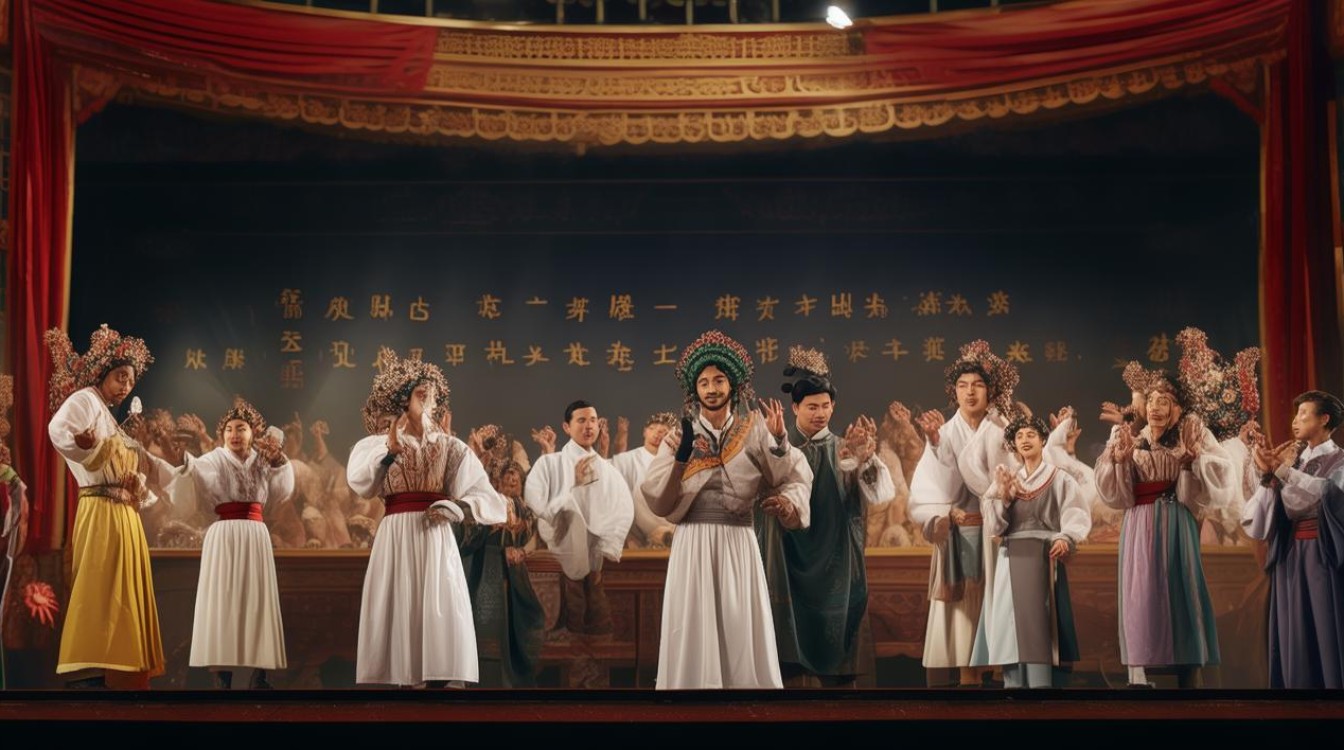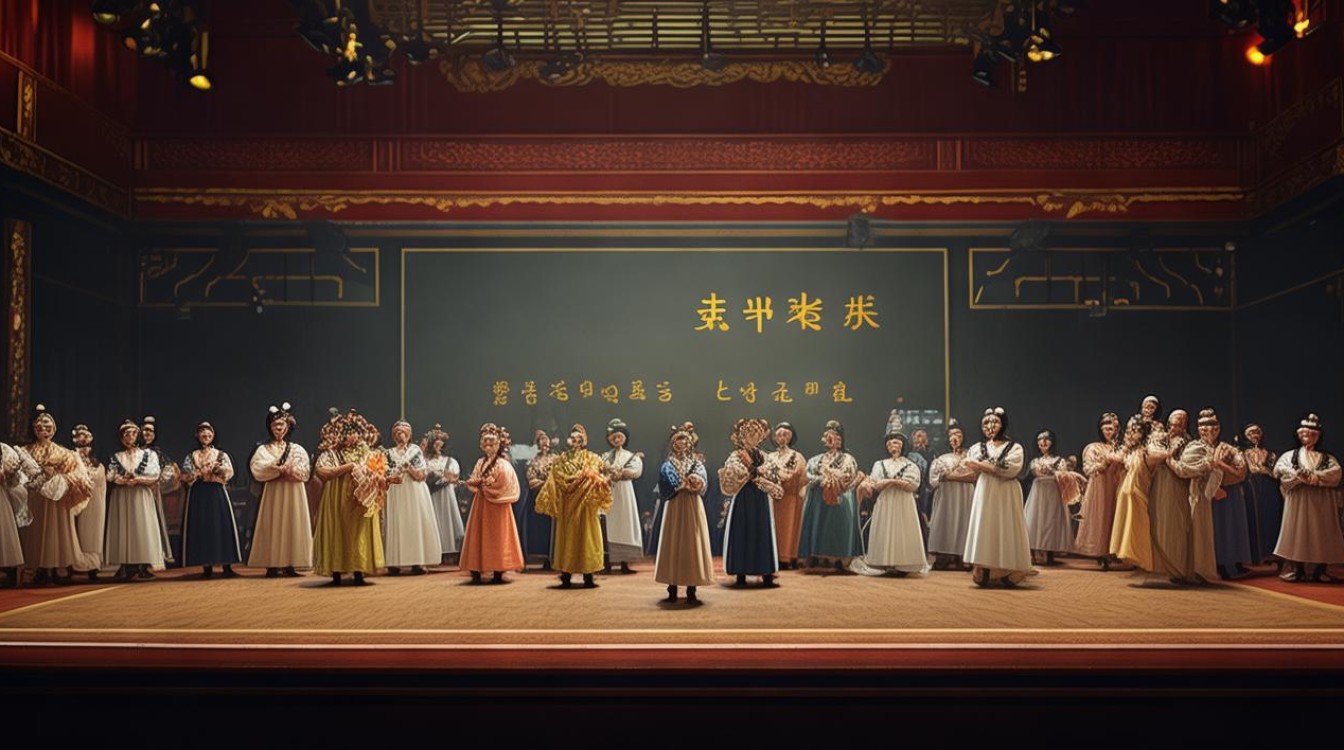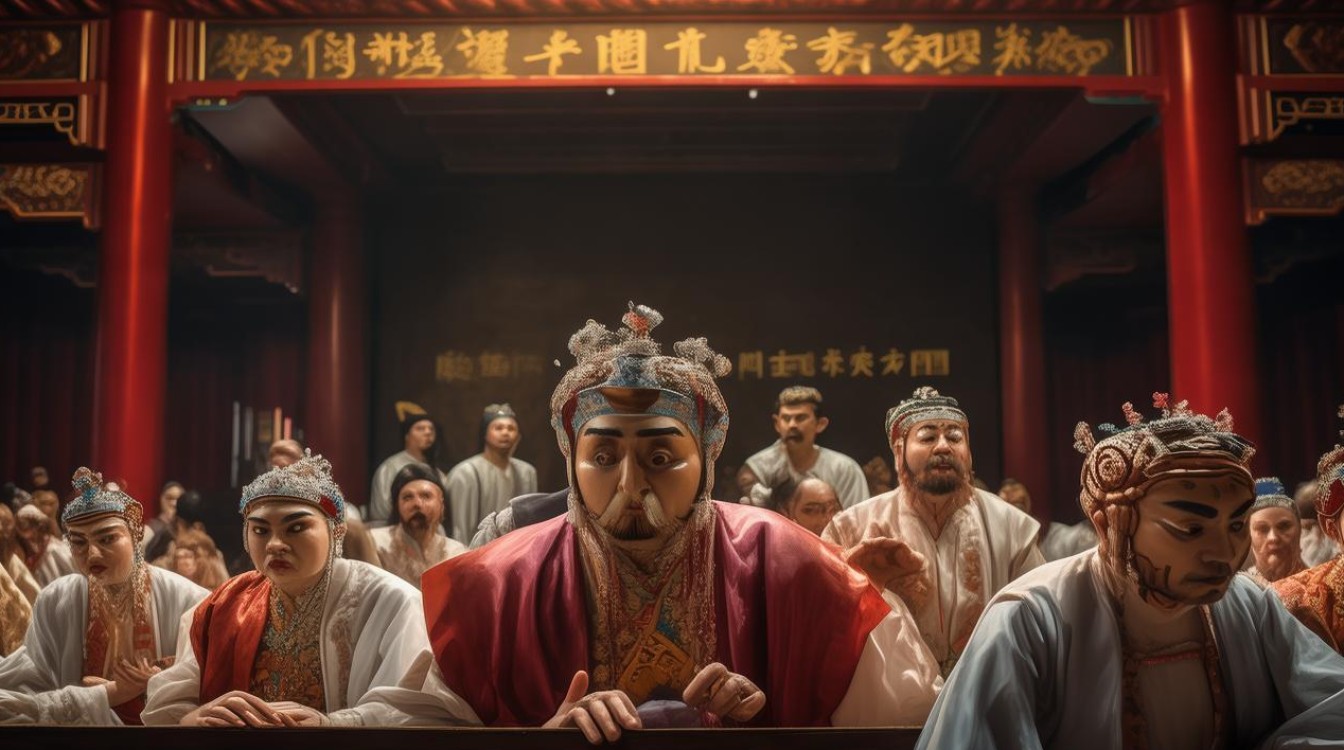Peking Opera, with its vibrant costumes, intricate movements, and rich cultural heritage, has captivated audiences for centuries. In recent years, an increasing number of foreigners have taken up the challenge of learning this traditional Chinese art form. Their journey is not just about mastering singing or acting—it’s a deep dive into Chinese history, philosophy, and artistic expression.

Why Foreigners Are Drawn to Peking Opera
The allure of Peking Opera lies in its uniqueness. Unlike Western theater, which often prioritizes realism, Peking Opera is highly stylized. Every gesture, every note, and every costume carries symbolic meaning. For many foreigners, this artistic complexity is both intimidating and irresistible.
Some are drawn by the music—the piercing melodies of the jinghu (a two-stringed fiddle) or the rhythmic beats of the gongs and drums. Others are fascinated by the elaborate makeup and costumes, which instantly transform performers into legendary heroes, cunning villains, or tragic heroines.
For language enthusiasts, Peking Opera offers a chance to improve Mandarin while exploring classical Chinese literature. The librettos often reference historical events, poetry, and Confucian values, making it a linguistic and cultural treasure trove.
The Challenges of Learning Peking Opera
Despite its beauty, Peking Opera is notoriously difficult to master. Foreign learners face several hurdles:
-
Physical Demands – The movements in Peking Opera are highly disciplined. A simple hand gesture or a turn of the head must be executed with precision. Many beginners struggle with the rigidity of the postures, especially the demanding leg stances and controlled arm movements.
-
Vocal Techniques – The singing style is unlike anything in Western opera. Performers use a high-pitched, nasal tone, and the melodies follow traditional Chinese scales. For non-native speakers, mastering the pronunciation and intonation while singing is a formidable task.

-
Cultural Context – Understanding the stories and symbolism is crucial. A foreigner might learn the movements of a warrior’s role, but without grasping the historical significance of the character, the performance lacks depth.
-
Language Barrier – Even for advanced Mandarin speakers, the classical Chinese used in many librettos can be obscure. Many learners spend months studying scripts line by line to fully appreciate the meaning.
How Foreigners Overcome These Obstacles
Despite the difficulties, many foreigners have successfully learned Peking Opera through dedication and innovative methods:
-
Intensive Training Programs – Some enroll in specialized schools in China, where they train for hours daily under master performers. These programs emphasize repetition and muscle memory, ensuring students internalize the techniques.
-
Online Communities – With the rise of digital learning, many foreigners join forums or watch tutorial videos to practice at home. Some even collaborate with Chinese performers via video calls for personalized coaching.
-
Cultural Immersion – Beyond formal training, learners immerse themselves in Chinese culture—attending live performances, reading classical literature, and discussing opera with local enthusiasts. This holistic approach deepens their understanding.

-
Adaptation and Innovation – Some foreign performers blend Peking Opera with their own artistic backgrounds. A ballet dancer might incorporate Peking Opera movements into contemporary dance, creating a fusion that appeals to global audiences.
Notable Foreign Peking Opera Performers
Several foreigners have gained recognition for their mastery of Peking Opera:
-
Ghaffar Pourazar (UK) – A British-Iranian performer, Pourazar spent decades studying Peking Opera in China. He is known for his flawless Mandarin pronunciation and dynamic stage presence.
-
Alessandro Shimizu (Italy) – An Italian actor who fell in love with Peking Opera during a trip to China, Shimizu now performs both classical and modern adaptations, bridging Eastern and Western theater traditions.
-
Mary O’Brien (USA) – Originally a Broadway singer, O’Brien transitioned to Peking Opera and now teaches workshops in the U.S., introducing the art form to new audiences.
These individuals prove that Peking Opera is not confined by borders—it thrives when shared across cultures.

The Global Impact of Foreign Peking Opera Enthusiasts
Foreign learners bring fresh perspectives to Peking Opera. By performing overseas, they introduce the art form to audiences who might never have encountered it otherwise. Some even collaborate with Chinese artists to create cross-cultural productions, blending Peking Opera with jazz, hip-hop, or modern theater.
Additionally, foreign scholars contribute to academic research on Peking Opera, analyzing its historical evolution and its relevance in contemporary society. Their work helps preserve this intangible cultural heritage for future generations.
Final Thoughts
The journey of foreigners learning Peking Opera is a testament to the universal appeal of Chinese culture. It’s not just about imitation—it’s about connection. Through perseverance, creativity, and deep respect for tradition, these learners become ambassadors of an art form that transcends language and geography.
As more people around the world discover Peking Opera, its legacy continues to evolve, proving that great art knows no boundaries.


